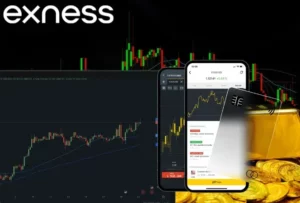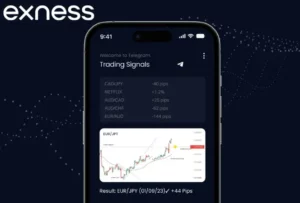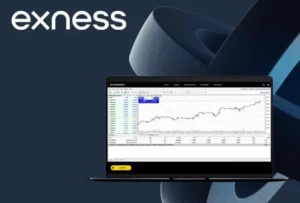When trading forex and CFDs with Exness, understanding key financial metrics like free margin is crucial for effective risk management and trading success. Free margin represents the amount of funds in a trader’s account that is available for opening new positions or maintaining existing trades.
In simple terms, free margin is the difference between your equity (total account balance, including unrealized profits and losses) and the used margin (the portion of funds locked in active trades). It determines how much room you have to take new trades before running into margin calls or stop-outs.
For Nigerian traders using Exness, monitoring free margin helps in making informed decisions, managing leverage, and avoiding unnecessary risks. This guide will explain what free margin is, how it works, and why it’s important for traders in Nigeria.
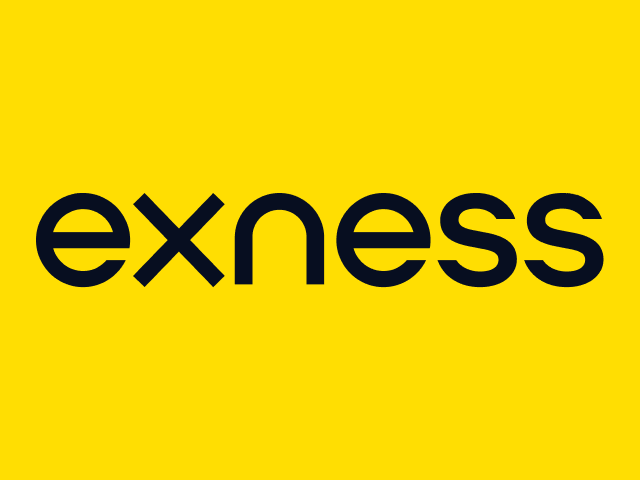
Understanding Free Margin
Free margin is one of the key concepts in forex trading, and understanding how it works is essential for managing your trading account effectively. It determines the amount of capital available to open new trades and sustain existing positions without facing a margin call or stop-out.
- Equity: The total balance in your trading account, including unrealized profits and losses.
- Used Margin: The amount of capital locked in active trades.
How Free Margin Works in Exness
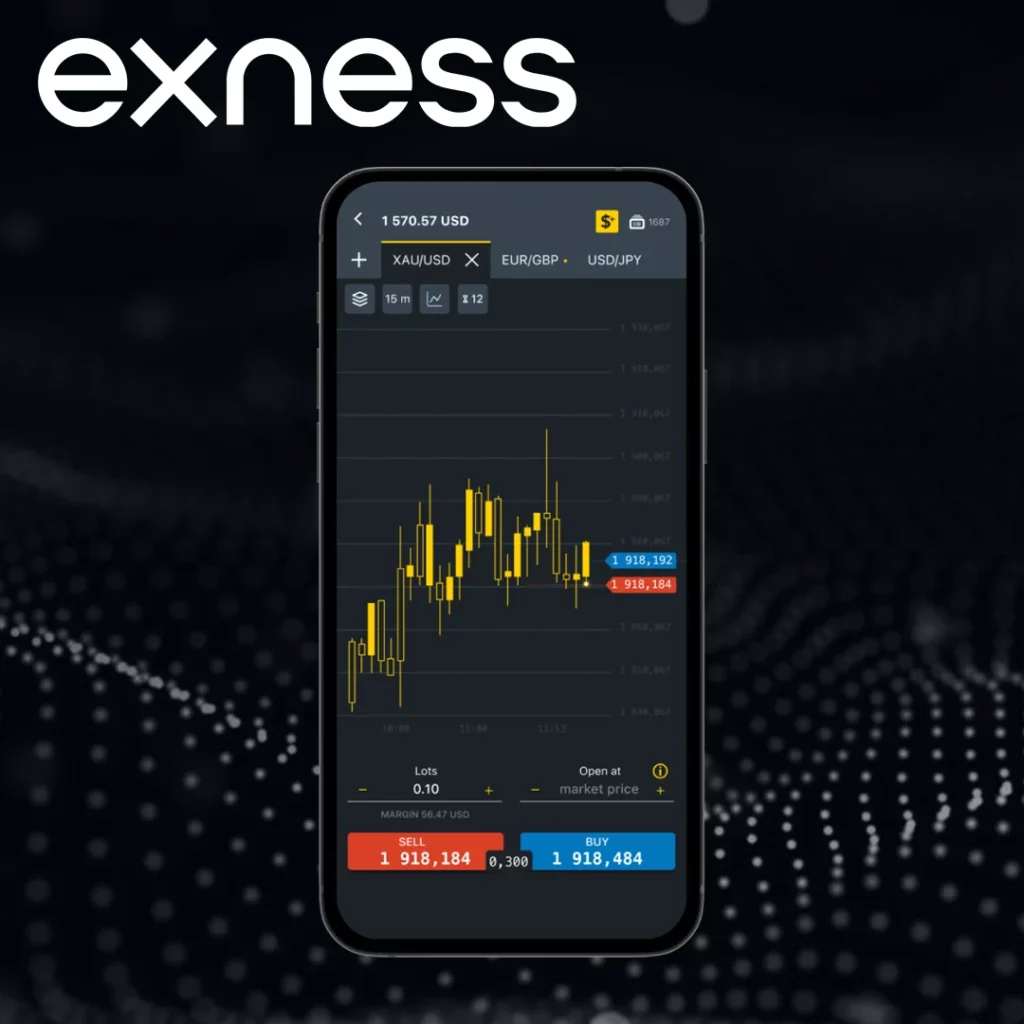
Exness calculates free margin using the formula:
Free Margin=Equity−Used Margin\text{Free Margin} = \text{Equity} – \text{Used Margin}Free Margin=Equity−Used Margin
Example Calculation:
- A trader deposits ₦500,000 into an Exness trading account.
- They open a trade requiring ₦100,000 as margin.
- If their equity remains ₦500,000, then:
Free Margin=500,000−100,000=400,000\text{Free Margin} = 500,000 – 100,000 = 400,000Free Margin=500,000−100,000=400,000
If the trader’s equity increases due to profit, the free margin increases, allowing them to open more trades. Conversely, if the market moves against them, free margin decreases.
Why Free Margin Matters
- Determines Trading Capacity – Higher free margin means you can open more trades.
- Prevents Margin Calls – If free margin becomes too low, Exness may issue a margin call, warning you to add more funds.
- Affects Risk Management – A low free margin increases the risk of a stop-out, where trades are automatically closed to prevent further losses.
- Enables Leverage Usage – Free margin helps traders determine how much leverage they can use safely.
Importance of Free Margin for Nigerian Traders
For Nigerian traders using Exness, understanding and managing free margin is essential for maintaining a stable trading account and avoiding unnecessary risks. Free margin plays a crucial role in determining a trader’s ability to open new positions, sustain existing trades, and avoid margin calls or stop-outs.
- Prevents Margin Calls and Stop-Outs as margin calls occur if your free margin drops too low, with Exness notifying you that additional funds are needed to maintain open trades, while stop-outs happen if the market moves against your positions and your free margin reaches zero, causing Exness to automatically close some or all trades to prevent further losses.
- Determines Trading Capacity since free margin indicates how much capital is available for opening new trades, with higher free margin providing more flexibility to take advantage of market opportunities, while low free margin restricts your ability to open new positions.
- Helps in Risk Management by allowing traders to manage their risk efficiently when keeping a healthy free margin, enabling them to ride out temporary market fluctuations and preventing forced liquidation of positions, with best practices including avoiding over-leveraging your account, using stop-loss orders to protect free margin, and monitoring your margin levels regularly.
- Enables Smart Use of Leverage for Nigerian traders who often use leverage to maximize potential profits, as higher leverage can reduce the margin required for trades and increase free margin, though excessive leverage can also deplete free margin quickly if trades go against you.
- Ensures Long-Term Trading Stability by preventing a trading account from being wiped out quickly when free margin is well-managed, allowing Nigerian traders to stay in the market longer and take advantage of profitable opportunities, while low free margin can result in unnecessary liquidations that limit long-term profitability.
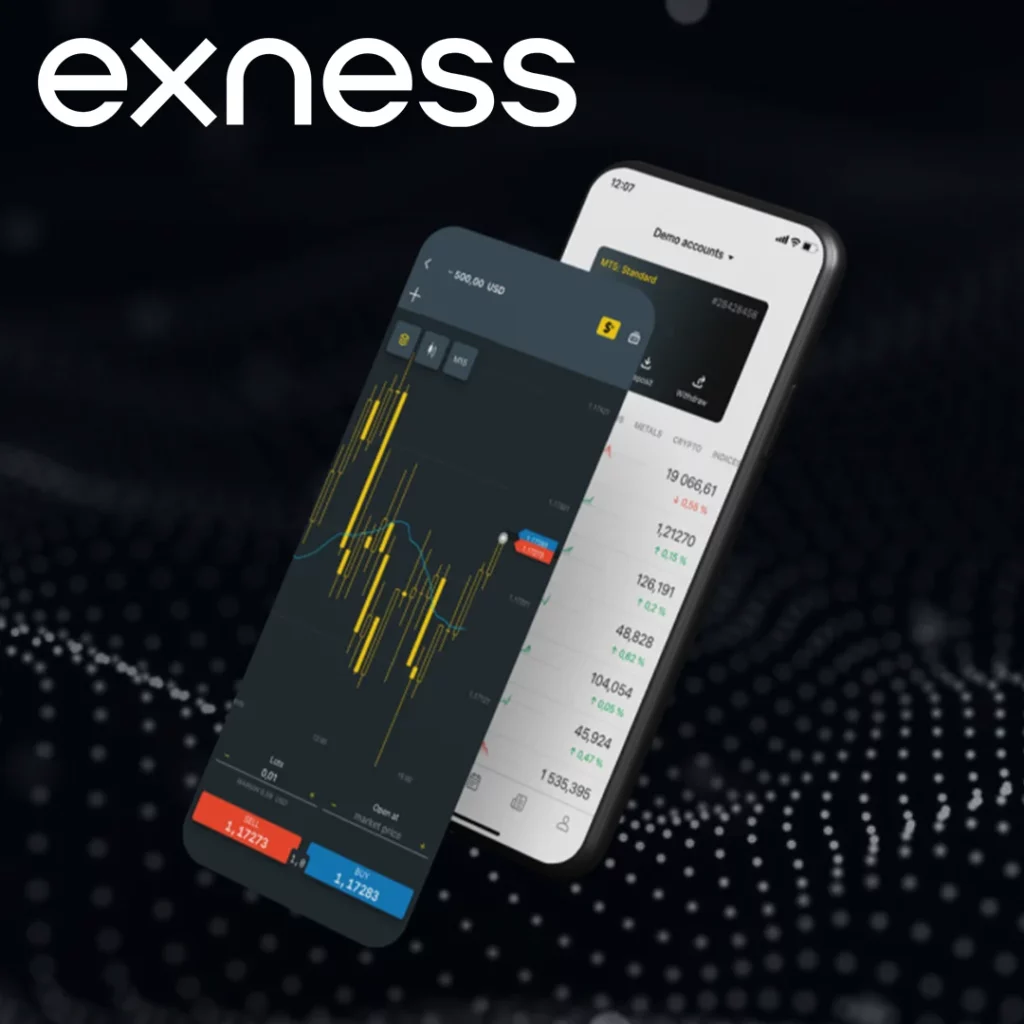
Managing Free Margin in Exness
Effectively managing free margin in Exness is essential for maintaining a stable trading account, avoiding margin calls, and maximizing trading opportunities. Free margin represents the capital available for opening new trades or absorbing market fluctuations. Proper management ensures that traders can sustain their positions without the risk of forced liquidation.
- Monitor Your Free Margin Regularly by keeping track of your free margin in the Exness trading platform (MT4, MT5, or Exness Terminal), checking your Margin Level (%) as a low percentage indicates that you are close to a margin call, and using the Exness Personal Area to review your account balance and trading conditions.
- Use Leverage Wisely since leverage allows you to control larger positions with less capital, but excessive leverage can deplete free margin quickly and lead to larger losses if the market moves against you, so choose from Exness’s flexible leverage options a level that suits your risk appetite.
- Avoid Overtrading because opening too many trades at once can quickly reduce free margin, with each trade requiring margin and multiple open trades potentially straining your account balance, so focus on quality trades rather than quantity to maintain a healthy free margin.
- Use Stop-Loss Orders as a stop-loss helps protect your account by automatically closing trades when losses reach a set limit, preventing unnecessary free margin depletion during volatile market movements, with Exness providing advanced risk management tools to help traders set stop-loss levels.
- Maintain a Sufficient Account Balance as a well-funded account ensures that you have enough free margin to keep trades open, and if your free margin is too low, you may need to add funds to avoid a margin call, with Exness offering instant deposits and withdrawals that make it easy to fund your account when necessary.
- Diversify Your Trades by avoiding putting all your free margin into a single high-risk trade, spreading your trades across different assets (forex, commodities, indices, etc.) to balance risk, with Exness providing access to multiple financial instruments to help traders diversify effectively.
Conclusion
Free margin is a crucial concept in forex trading that determines a trader’s ability to open and sustain positions. It represents the funds available in an account after deducting the margin used for open trades. Understanding and managing free margin effectively helps traders avoid margin calls and stop-outs, ensuring long-term trading stability.
For Nigerian traders using Exness, maintaining a healthy free margin allows for greater flexibility in trading, better risk management, and protection against unexpected market movements. By monitoring free margin regularly, using leverage wisely, setting stop-loss orders, and avoiding overtrading, traders can optimize their trading potential and minimize risks.

Trade with a trusted broker Exness
See for yourself why Exness is the broker of choice for over 800,000 traders and 64,000 partners.

